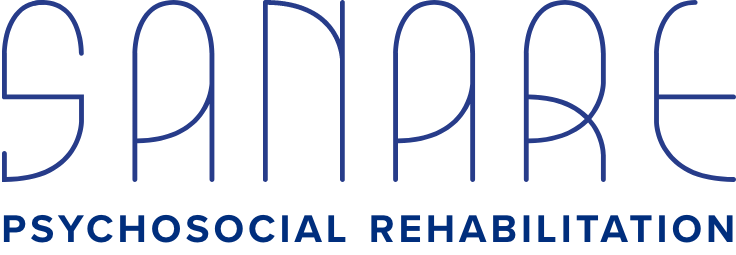Tips for Regulation When Living With Trauma
Trauma, Complex Trauma, or PTSD symptoms fall into four categories and can include but are not limited to the following:
Intrusions:
The traumatic event is persistently re-experienced in the following way(s):
Unwanted upsetting memories
Nightmares
Flashbacks
Emotional distress after exposure to traumatic reminders
Physical reactivity after exposure to traumatic reminders
Avoidance:
Avoidance of trauma-related stimuli after the trauma, in the following way(s):
Trauma-related thoughts or feelings
Trauma-related external reminders
Negative Alteration/Mood:
Negative thoughts or feelings that began or worsened after the trauma, in the following way(s):
Inability to recall key features of the trauma
Overly negative thoughts and assumptions about oneself or the world
Exaggerated blame of self or others for causing the trauma
Negative affect
Decreased interest in activities
Feeling isolated
Difficulty experiencing positive affect
Alterations in Arousal/Activity:
Trauma-related arousal and reactivity that began or worsened after the trauma, in the following way(s):
Irritability or aggression
Risky or destructive behavior
Hyper-vigilance
Heightened startle reaction
Difficulty concentrating
Difficulty sleeping
Some helpful tips for managing symptoms of Trauma, Complex Trauma, or PTSD include:
Mindfulness/Grounding:
Breathe in for five and out for five - five times.
Name five things you see; touch four things; listen for three sounds; smell two smells; and taste one thing.
Utilize a weighted blanked.
Splash face with cold water or apply an ice pack.
Take a time out.
Validation/Normalization:
Give yourself time to heal and be patient.
Find a provider you trust who is trauma informed and trained in working with folks living with PTSD. If not a provider then consider a community support group.
Validate your symptoms and normalize that as a survivor of trauma your symptoms make sense given what you went through and can get better over time.
How PSR can Help:
At Sanare PSR we help folks living with PTSD by creating symptom management plans; working to set up your home to be more comfortable and healing; coordinating and accompanying you on difficult appointments related to your trauma; providing supportive counseling; and helping you create structure that includes connection to community and the activities of life that align with your values and bring you purpose and joy.
Call us today to find out more about what our PTSD treatment includes.
